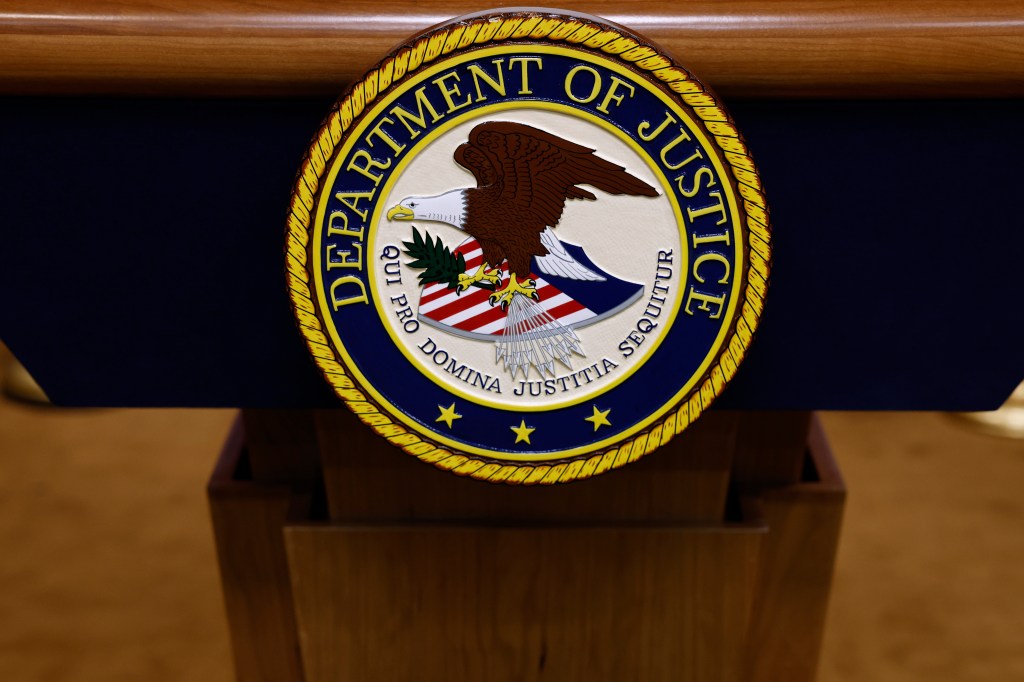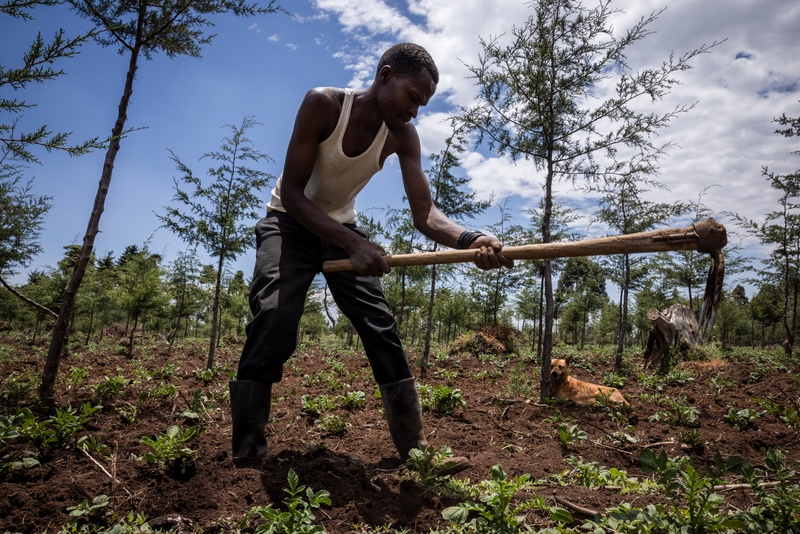Recognising that, as an anti-money-laundering (AML) industry, we have collectively failed the public in disrupting dirty money is both embarrassing and costly. Change requires persistence and this can be disruptive, while a “head down, keep quiet” culture is often conducive to personal career growth and financial stability. Consequently, cover-ups are occurring
Register for free to keep reading
To continue reading this article and unlock full access to GRIP, register now. You’ll enjoy free access to all content until our subscription service launches in early 2026.
- Unlimited access to industry insights
- Stay on top of key rules and regulatory changes with our Rules Navigator
- Ad-free experience with no distractions
- Regular podcasts from trusted external experts
- Fresh compliance and regulatory content every day













